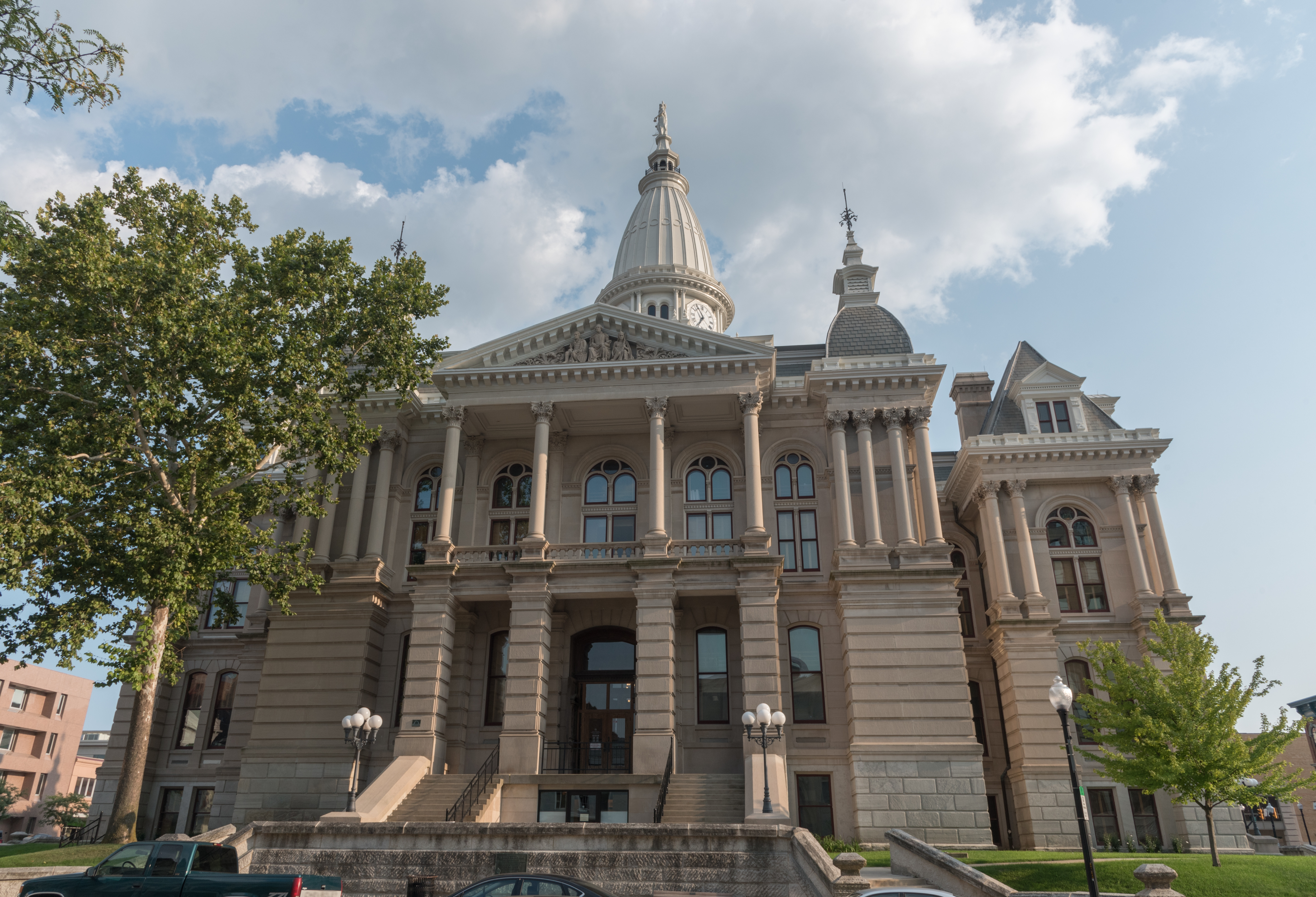A court planning consultant serves many roles, but – most importantly – a court planning consultant will analyze your courthouse to make critical decisions about how to use the space. They’re experts in courthouses, and it is not uncommon for a seasoned court planning consultant to have worked in dozens, if not hundreds, of courthouses.
 Often performed across jurisdictions, this work exposes the consultant to various design solutions and best practices. A good court planning consultant brings all this experience to each project, often providing innovative solutions to court space needs.
Often performed across jurisdictions, this work exposes the consultant to various design solutions and best practices. A good court planning consultant brings all this experience to each project, often providing innovative solutions to court space needs.
Court planning typically involves:
- Needs Assessments –
It is assessing the condition and capacity of a courthouse and comparing the existing quantity and quality of court space to current and projected needs. A needs assessment analyzes options for meeting present and future space needs and recommends the best action. This assessment is performed at a high level and is designed to guide a court with concerns about its existing facilities.
- Space Programming –
We identify and detail the court spaces required in a new building or renovation project and quantify the space needed. A space program can also include adjacency requirements and functional data sheets. A space program is performed to set the size and scope of a project before funding, and the program is typically updated just before design.
- Conceptual Layouts –
Performing concept layouts highlighting the flow and function of critical court spaces, especially courtrooms, and circulation patterns. Conceptual layouts can be achieved with space programming or as a standalone deliverable highlighting best practices' applications.
While there are many other services that a court planning consultant can perform, such as conducting master plans and developing design standards, the three areas listed above are the most common services throughout the profession.
Choosing a Court Planning Consultant
Only a handful of firms around the country specialize in court consulting, though some large architectural firms have a justice/judicial division that provides in-house court planning services. Effective court planning requires an understanding of court organizations and functions, and a planning consultant must be knowledgeable about circulation patterns and the interface between court components.
Further, a court planning consultant needs a firm grasp on the flow of work and personnel through a courthouse and how the flow varies by court jurisdiction (e.g., appellate, criminal, civil, juvenile, domestic, and specialized courts).
Join us in the coming weeks as we discuss the roles, responsibilities, and capabilities of skilled court planning consultants in greater detail.





.jpg)
.jpg)
.jpg)
.jpg)
.jpg)
.jpg)


.jpg)
.jpg)
-1.jpg)

